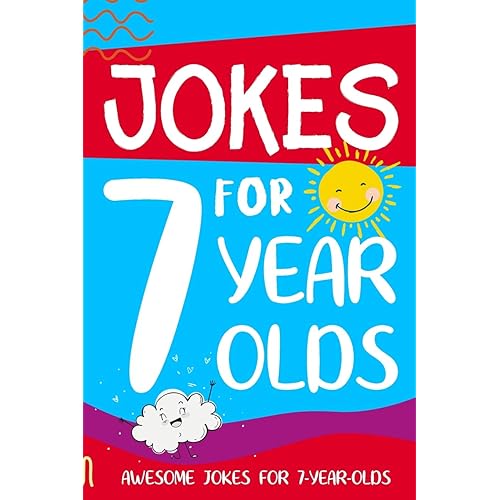


Buy Now, Pay Later
- – 4-month term
- – No impact on credit
- – Instant approval decision
- – Secure and straightforward checkout
Ready to go? Add this product to your cart and select a plan during checkout.
Payment plans are offered through our trusted finance partners Klarna, Affirm, Afterpay, Apple Pay, and PayTomorrow. No-credit-needed leasing options through Acima may also be available at checkout.
Learn more about financing & leasing here.
Selected Option
Eligible for Return, Refund or Replacement within 30 days of receipt
To qualify for a full refund, items must be returned in their original, unused condition. If an item is returned in a used, damaged, or materially different state, you may be granted a partial refund.
To initiate a return, please visit our Returns Center.
View our full returns policy here.
Recently Viewed
Format: Hardcover, Illustrated
Description
NEW YORK TIMES BESTSELLER • Taking place nearly a century before the events of A Game of Thrones, A Knight of the Seven Kingdoms compiles the first three official prequel novellas to George R. R. Martin’s ongoing masterwork, A Song of Ice and Fire. NAMED ONE OF THE BEST BOOKS OF THE YEAR BY LOS ANGELES TIMES AND BUZZFEED These never-before-collected adventures recount an age when the Targaryen line still holds the Iron Throne, and the memory of the last dragon has not yet passed from living consciousness. Before Tyrion Lannister and Podrick Payne, there was Dunk and Egg. A young, naïve but ultimately courageous hedge knight, Ser Duncan the Tall towers above his rivals—in stature if not experience. Tagging along is his diminutive squire, a boy called Egg—whose true name is hidden from all he and Dunk encounter. Though more improbable heroes may not be found in all of Westeros, great destinies lay ahead for these two . . . as do powerful foes, royal intrigue, and outrageous exploits. Featuring more than 160 all-new illustrations by Gary Gianni, A Knight of the Seven Kingdoms is a must-have collection that proves chivalry isn’t dead—yet. Praise for A Knight of the Seven Kingdoms “Readers who already love Martin and his ability to bring visceral human drama out of any story will be thrilled to find this trilogy brought together and injected with extra life.”—Booklist “The real reason to check out this collection is that it’s simply great storytelling. Martin crafts a living, breathing world in a way few authors can. . . . [Gianni’s illustrations] really bring the events of the novellas to life in beautiful fashion.”—Tech Times “Stirring . . . As Tolkien has his Silmarillion, so [George R. R.] Martin has this trilogy of foundational tales. They succeed on their own, but in addition, they succeed in making fans want more.”—Kirkus Reviews (starred review) “Pure fantasy adventure, with two of the most likable protagonists George R. R. Martin has ever penned.”—Bustle “A must-read for Martin’s legion of fans . . . a rousing prelude to [his] bestselling Song of Ice and Fire saga . . . rich in human drama and the colorful worldbuilding that distinguishes other books in the series.”—Publishers Weekly Read more
Publisher : Bantam; First Edition (October 6, 2015)
Language : English
Hardcover : 368 pages
ISBN-10 : 0345533488
ISBN-13 : 87
Item Weight : 1.45 pounds
Dimensions : 6.43 x 1.18 x 9.55 inches
Best Sellers Rank: #36,057 in Books (See Top 100 in Books) #1,041 in Sword & Sorcery Fantasy (Books) #1,937 in Fantasy Action & Adventure #2,691 in Epic Fantasy (Books)
#1,041 in Sword & Sorcery Fantasy (Books):
#1,937 in Fantasy Action & Adventure:
Frequently asked questions
To initiate a return, please visit our Returns Center.
View our full returns policy here.
- Klarna Financing
- Affirm Pay in 4
- Affirm Financing
- Afterpay Financing
- PayTomorrow Financing
- Financing through Apple Pay
Learn more about financing & leasing here.
Similar Products
Top Amazon Reviews

























